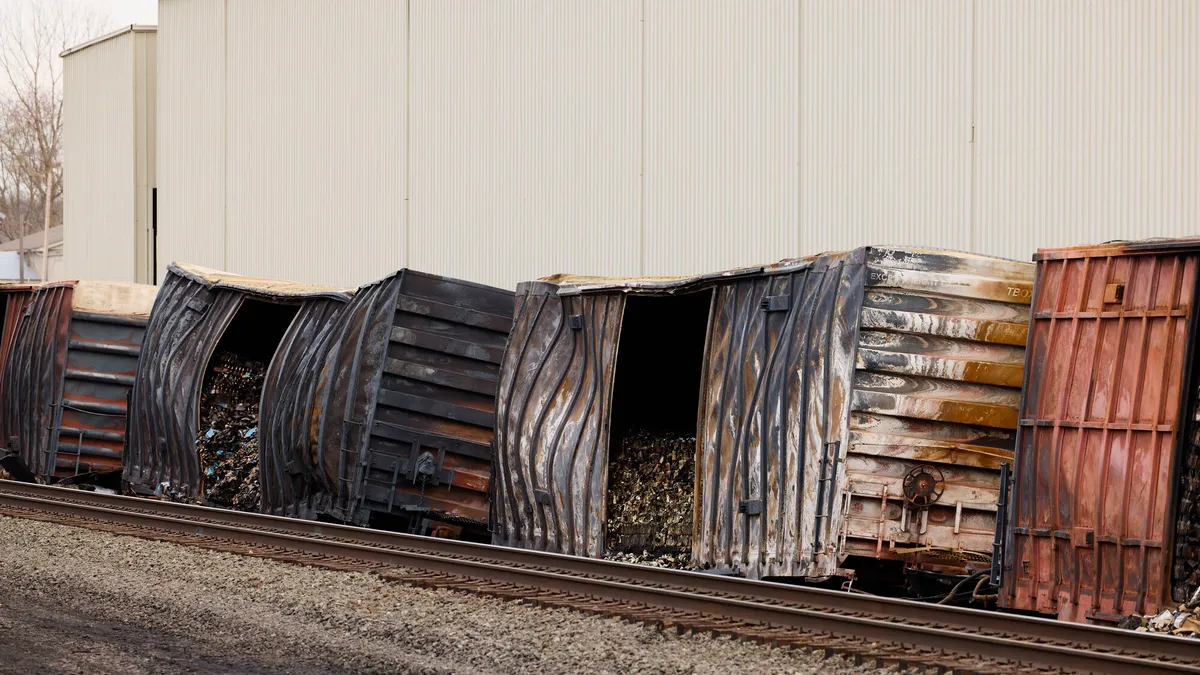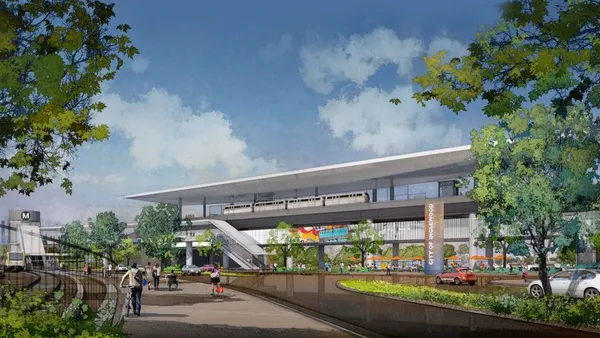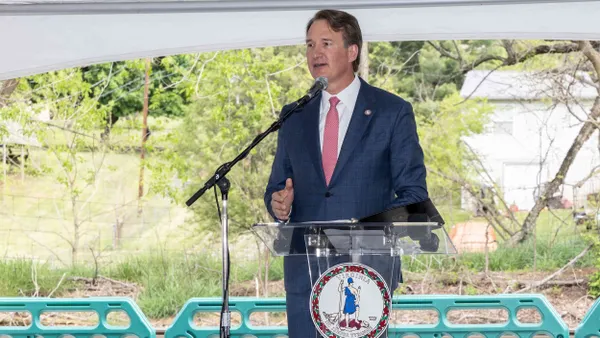The National League of Cities asked city officials to sign a letter to Congress last week, asking it “to act now on rail safety on behalf of thousands of cities, towns and villages who want to see rail safely moving through their communities.” The letter follows the devastating derailment of a freight train in East Palestine, Ohio, on Feb. 3. The Senate Environment and Public Works Committee will conduct a public hearing on March 9 about protecting public health and the environment in the wake of the accident.
“Local officials continue to look for actions to improve rail safety in their communities with federal assistance,” NLC CEO and Executive Director Clarence Anthony states in the letter.
More than 1,600 train accidents occurred in 2021, including 1,087 derailments, according to data from the Bureau of Transportation Statistics. NLC notes in its letter that 140,000 miles of track pass through U.S. communities.
Senators J.D. Vance, R-Ohio, and Sherrod Brown, D-Ohio, plan to introduce the Railway Safety Act of 2023 to enhance safety requirements for trains transporting hazardous materials.
“Cities agree with the Senators that no family in America should be forced to flee their home because hazardous materials have spilled or caught fire in their community,” wrote Brittney Kohler, NLC legislative director, transportation and infrastructure services, on the organization’s website.
President Joe Biden supported the proposed bipartisan legislation in a March 2 statement. “This legislation provides us with tools to hold companies accountable to prevent terrible tragedies like the Norfolk Southern derailment in East Palestine and to make those communities whole,” he said.
The letter makes seven specific recommendations to Congress:
- Require the Federal Railroad Administration to determine the safety risks of derailments in the U.S., the impact of longer trains on the number of hazardous materials cars involved in such derailments and the number of grade crossings blocked for extended, unsafe periods.
- Expand the list of hazardous materials reported to state and local first responders and ensure that mandated communication includes the first responder on the scene, not just the state office.
- Ensure that any financial fines first be used to address the emergency created by a derailment, economic damages caused by the incident and necessary environmental cleanup.
- Ask the FRA and the National Transportation Safety Board to determine whether more wayside defect detectors are needed near urbanized areas and critical watersheds, among several recommended rail safety improvements.
- Fund local experimentation with new railroad safety signs and signals that reduce costs and increase safety.
- Consider more of the NTSB’s safety recommendations and provide funding to accurately diagnose and address the causes of rail incidents.
- Set the expectation that railroads will be responsive to community questions and concerns about safety and pursue collaboration between railroads and communities to reduce conflicts and fatalities related to rail operations.












